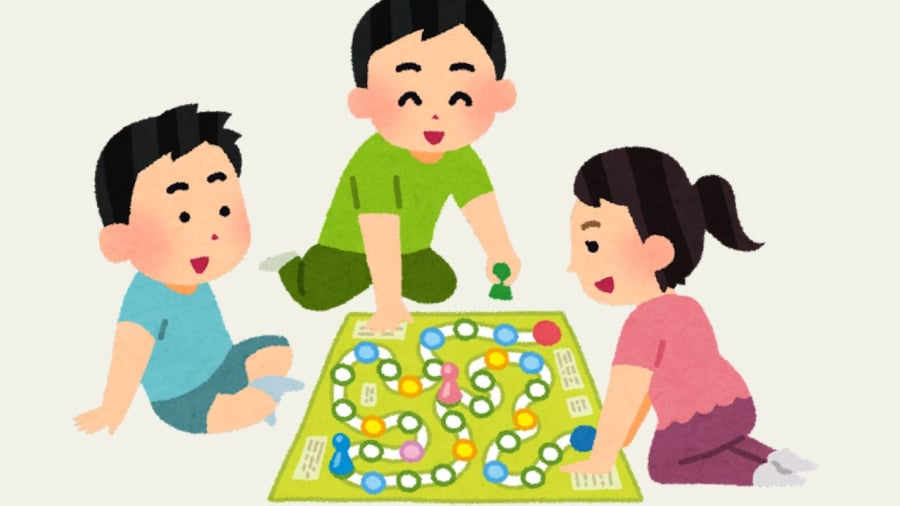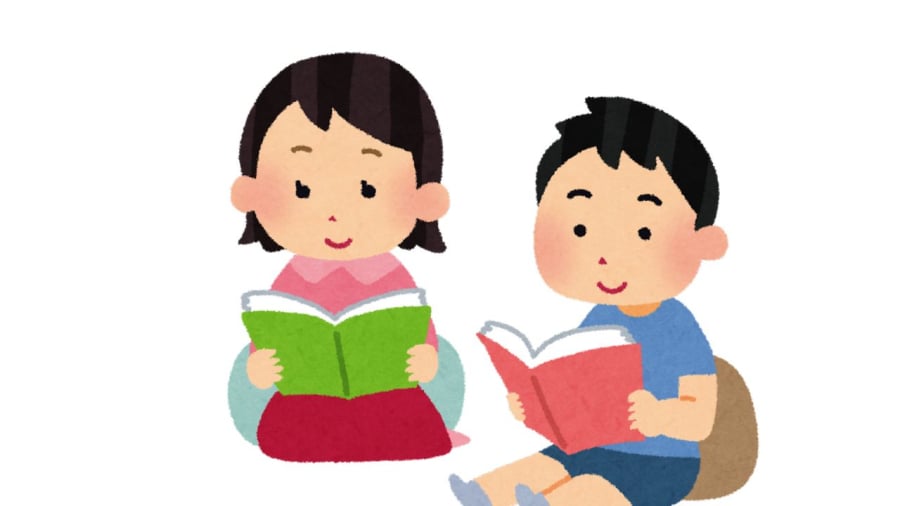The Power of Play
While learning is important, so is play. Playtime is when children get to release their energy and learn a great deal. They develop observation and motor skills, and it helps them relax and de-stress. Younger children, in particular, have a greater need for play, yet many parents view it as a waste of time, believing that more study time is better. However, play helps children develop better skills and makes them more relaxed and receptive to learning.

Play Develops Essential Skills
Allowing children time to play means they will subsequently be able to focus and learn more effectively. Play also promotes physical activity, enhances observation skills, and improves motor skills. Through play, children experience the world around them, learn coordination and communication, and relax, reducing stress and tantrums.
Unconventional Interests
Children sometimes have unusual interests, like tearing paper, doodling, or collecting superhero pictures. Parents should respect these interests, no matter how insignificant they may seem. These interests help children focus and give them a sense of purpose. Many parents believe that a child’s interests should be grand and future-oriented, and so they dismiss or punish their children for these ‘trivial’ pursuits. But if a child’s interest doesn’t violate any moral or safety codes, it should be encouraged. It contributes to their happiness and makes their childhood whole.
Interests help children maintain a positive and optimistic attitude, and their mental well-being is enriched. They experience genuine happiness when engaged in these activities. Every child is unique, so parents shouldn’t force their children to conform to what other children are doing. By respecting their child’s seemingly mundane interests, parents teach them about respect and love.

The Value of Entertainment
Entertainment Reading
It’s not necessary to always read philosophical or educational books to ensure a bright future. Sometimes, children just need entertainment. If the content isn’t harmful, teach them to allocate time for such reading. Letting children read what they enjoy will satisfy their interests and needs, and they will eventually develop a love for reading diverse genres. What adults consider ‘good books’ may not appeal to children, but that doesn’t mean they won’t read them; it just takes time.
Entertainment books can also be used as a gateway to spark an interest in reading. Parents just need to ensure the content is harmless and that children don’t spend excessive time on them.
Life Experiences
Participating in life experiences is another way for children to grow. Don’t be afraid that these experiences will be dangerous—overprotecting your children will hinder their development. Life experiences offer children immense value. For example, some children enjoy helping in the kitchen but are often shooed away as a nuisance. Many parents think their children should only focus on studying and that they’re too young to be of any help. However, if parents encourage their children to join them in the kitchen, it can be beneficial for both the children and the family.
Due to parental restrictions, many children lack real-life experiences, which leads to a lack of self-confidence and self-awareness. They become trapped in the pursuit of grades and lose their ability to recognize happiness.



































